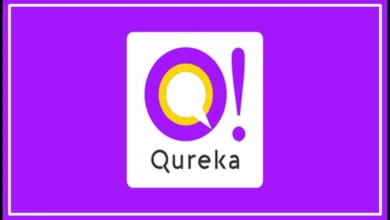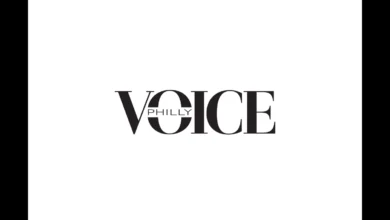Introduction
Hey, language lovers! Have you ever wondered about the tiny words we sprinkle throughout our conversations daily? Take “yep meaning for instance. It’s a word as small as they come but packed with meaning, history, and cultural significance. So, let’s jump into the fascinating world of “yep” and discover what it means, when to use it, and why it’s more intriguing than you might think.
The History and Etymology of yep meaning
Believe it or not, even a word as simple as “yep” has a history. It derives from the Old English word “ġēa,” meaning “yes.” Over the years, it’s been truncated, altered, and Americanized into the snappy affirmation we know today. You could say it’s a linguistic relic that’s survived the test of time.
yep meaning: What’s the Difference?
Alright, let’s cut to the chase. What sets “yep” apart from its more formal cousin, “yes”? At a basic level, they both mean the same thing: a positive affirmation. However, “yep” comes off as more casual and conversational. Think of it as “yes” dressed in jeans and a t-shirt.
yep meaning in Different Cultures
Words aren’t just words; they carry cultural baggage. For example, in American culture, “yep” is commonplace and used in various settings, including work. In contrast, in some European and Asian cultures, it might be perceived as too informal or even disrespectful in certain situations.
Practical Uses of yep meaning
We’ve all dropped a yep meaninghere and there, but how versatile is it? You’d be surprised. You can use “yep” in text messages, quick affirmations, and casual conversations. But beware, there might be better choices for formal interactions or written documents.
Nuances and Subtext
yep meaning has layers! Depending on the context and tone, it can express enthusiasm, agreement, or even sarcasm. It’s not just what you say but how you say it that gives “yep” its nuanced meaning.
FAQs
What does “yep” mean?
“Yep” is a colloquial form of “yes,” signifying agreement or affirmation.
Is “yep” considered rude?
The perceived rudeness of “yep” largely depends on the cultural and social context. In casual settings among friends, it’s generally acceptable.
When should I use “yep”?
“Yep” is best used in casual or familiar settings and may not be suitable for formal interactions.
Expert Opinions
Don’t just take our word for it. Linguists and language experts have weighed in on the word; their perspectives are enlightening. According to them, yep meaning can be a linguistic indicator of informality and closeness between speakers.
Context Matters: A Case Study
Words live and die by the context in which they are used. Let’s deeply dive into real-world scenarios where “yep” hit the mark or missed it. Whether it’s a workplace email or a text to a friend, context changes the appropriateness and impact of “yep.”
“Yep” in Pop Culture
You’d be amazed at how often “yep” appears in movies, songs, and TV shows. It’s a small but mighty word that encapsulates a range of emotions and situations, making it a pop culture mainstay.
Art of Saying “Yep”
Believe it or not, there’s an art to saying “yep.” The intonation, the timing, and accompanying facial expressions can alter its meaning. So the next time you drop a “yep,” consider the many factors contributing to its interpretation.
Conclusion
And there you have it! We’ve dissected the word “yep” from every possible angle, leaving no stone unturned. What seems like an everyday, run-of-the-mill word holds a surprising depth and complexity. From its historical roots to its modern-day uses and cultural implications, “yep” is a microcosm of language evolution and social interactions. So, the next time you casually throw a “yep” into a conversation, you’ll know just how much weight it carries. Isn’t language fascinating?
You may also read
gramhir: Unlocking the Power of Instagram with The Ultimate Guide
large primate skull british columbia: Unlocking the Secrets of a Controversial Find








